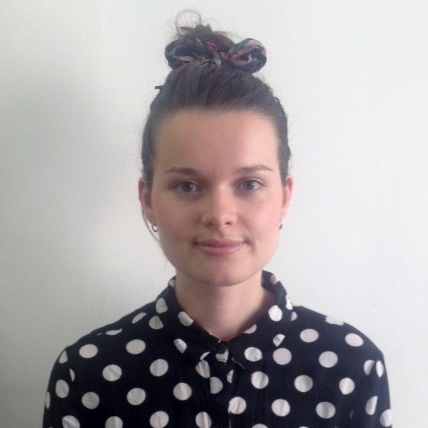Sexual health services must be properly funded to reach more women living with and at risk of HIV

Blog by Rosalie Hayes
The new HIV: women in the UK report by Public Health England, Sophia Forum and Terrence Higgins Trust provides a welcome focus on how women are affected by HIV in the UK. Experiences of women are often missing from discussions around the design of HIV services and this report builds on evidence from Invisible no longer.
Women make up one-third of all people living with HIV, and one quarter of all new diagnoses in recent years. Clinical outcomes for women living with HIV are excellent. However, late diagnosis remains a persistent issue, with 50% of all women diagnosed with HIV in 2017 having lived with undiagnosed infection for around 3 to 5 years already. People diagnosed late remain at higher risk of death in the first year of diagnosis and of serious ill-health in succeeding years. They have also spent a longer period unaware of their HIV positive status with possible risks of transmission to sexual partners.
This level of late diagnosis is no doubt partly linked to low HIV testing coverage among women. The report highlights that only 57% of women eligible for an HIV test were tested when attending sexual health services in 2017, compared to 79% of men. HIV testing coverage outside of specialist sexual health services is even lower. This is in spite of women being most likely to accept an HIV test when offered one. There were 372,559 missed opportunities to offer an HIV test in sexual health services in 2017, and 70% of these were among women.
The report also published new insights from PHE's Positive Voices survey. It shows that, while women report high satisfaction with HIV services and have a good quality of life comparable to the general population, a lot more needs to be done to address stigma, loneliness and difficulties around sharing their HIV status with others. Women living with HIV are more likely than men to not always have enough money to meet their basic needs, are more likely to have ever been diagnosed with depression and anxiety and they report high levels of unmet need in areas such as childcare, domestic violence support and financial advice.
HIV support services are vital to help to meet these needs. Of those women who had used them, 87% said that these services have been important for their health and well-being. However, one in three women said that HIV support services had become more difficult to access in the previous two years.
The report’s breakdown of data on women by ethnicity, sexual orientation and age, gives us a deeper understanding of how experiences and outcomes differ between women. The report highlights the gendered and racialised experiences of women living with HIV, where their experiences as parents, partners and carers can often intersect to compound the health and social inequalities they experience.
It is clear that properly funded, tailored services that best meet the needs of women living with and at risk of HIV are desperately needed. These should not be limited to sexual health, but also address social welfare and wellbeing. NHS and local authority commissioners must take a holistic approach when making funding decisions which most impact this demographic.


